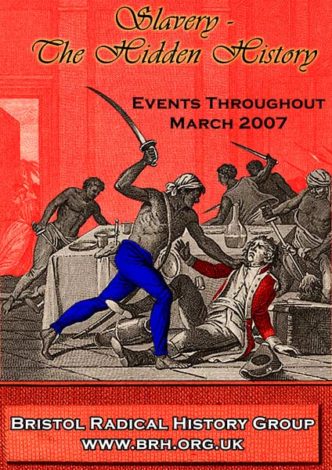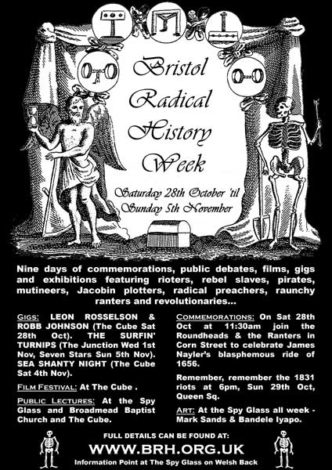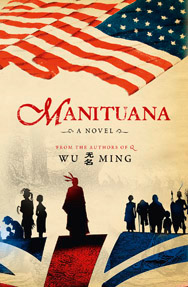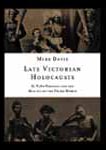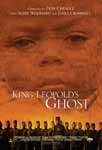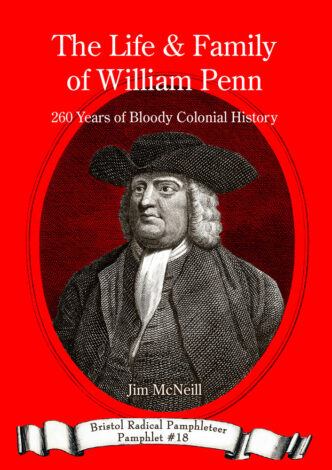Black And Blue: The Social History Of Bristol Glass
Jim McNeill, local historian, storyteller and member of Living Easton will lead us on a walk that explores the history of Bristol Blue glass and reveals its links to slave money. From Ye Shakespeare Public House, (Victoria St) to The Ostrich Public House. A walk along the River Avon, through the districts of Redcliffe and Temple, Bristol, to explore the sites of the city's glasshouses and how they were sustained by colonial expansion and Bristol's involvement in the slave trade. Read an […]


